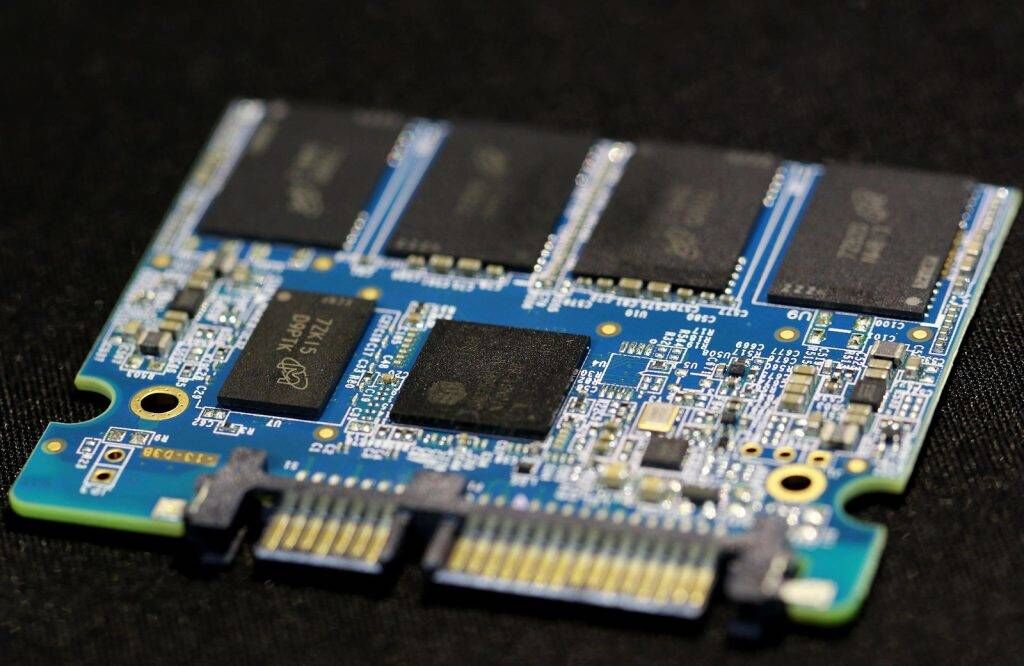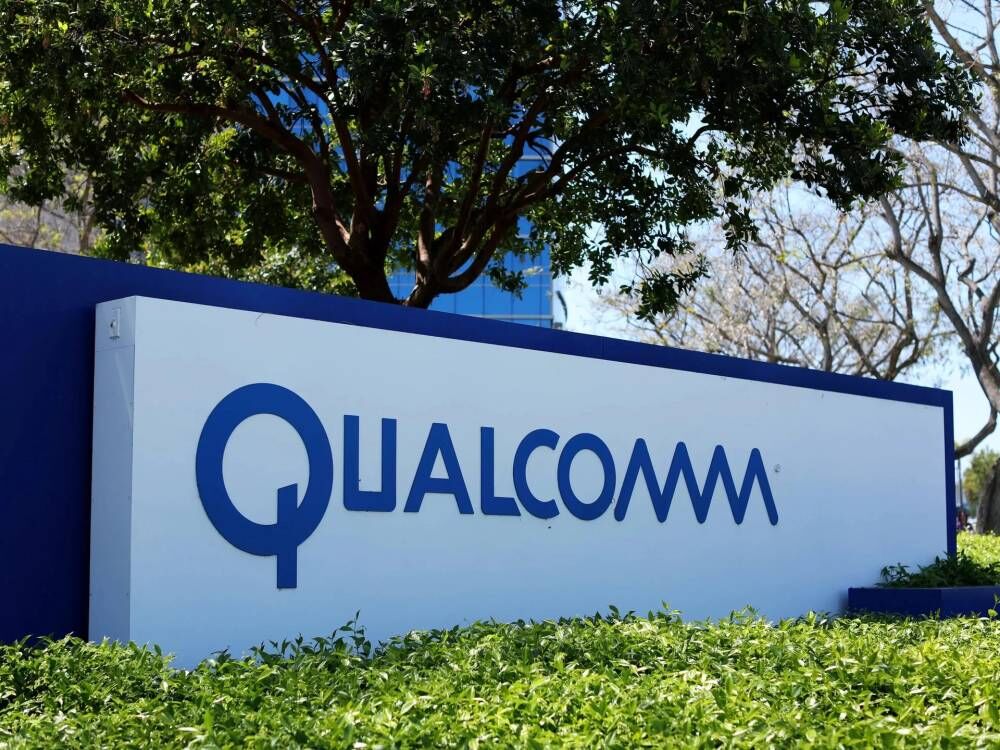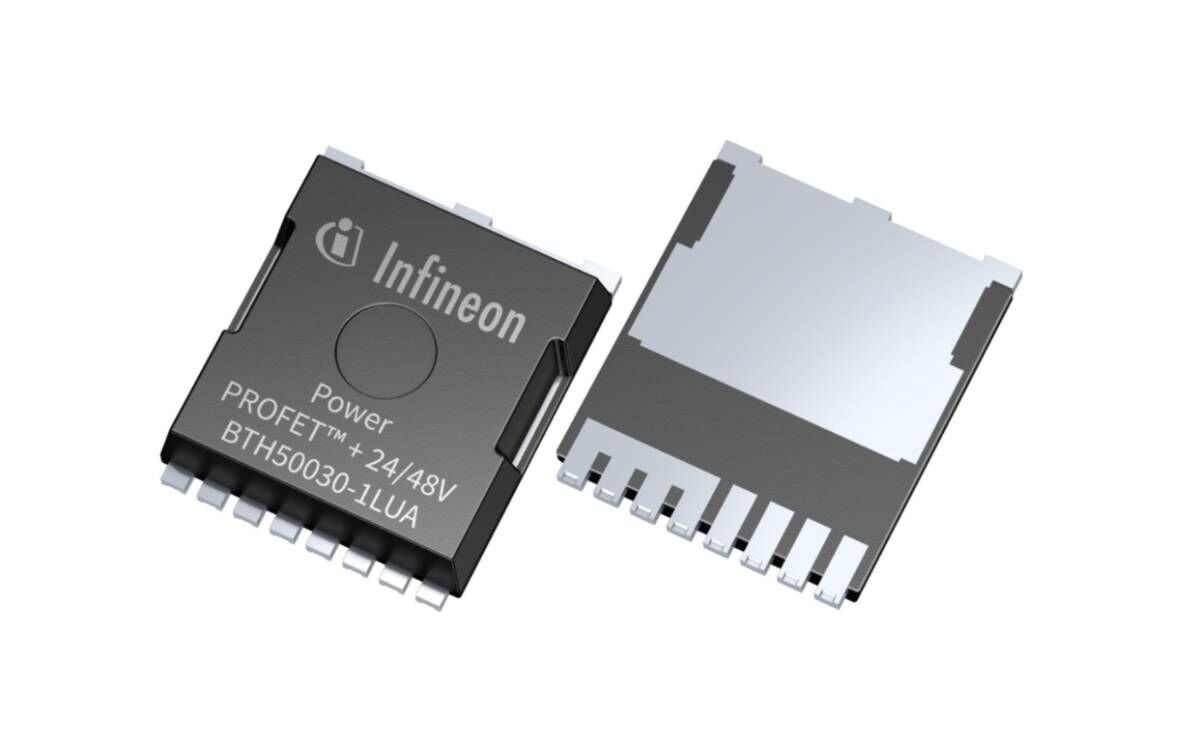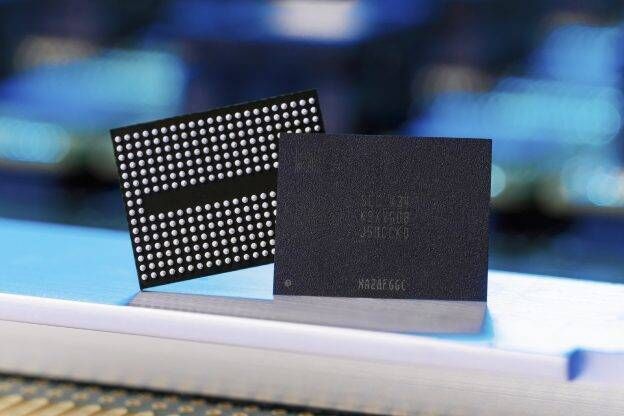August 23, 2024 /SemiMedia/ -- According to the supply chain, due to a surge in artificial intelligence (AI) server demand, the price of enterprise solid-state drives (SSDs) has soared by over 80%. During AI model training, SSDs are used to store model parameters and create checkpoints for recovery in case of interruptions. For high-speed data transfer and durability, 4TB and 8TB triple-level cell (TLC) SSDs are preferred.
In AI inference services, SSDs are used to adjust and optimize AI models, update data in real-time, and store reference documents and knowledge bases for richer responses. As video and image generation increases, high-capacity SSDs, such as 16TB and larger TLC/QLC SSDs, are becoming the top choice for AI inference applications.
To meet market demand, SK Hynix and its subsidiary Solidigm are accelerating NAND flash memory production. The AI boom is driving demand not only for high-bandwidth memory (HBM) chips but also for enterprise SSDs. SK Hynix is increasing wafer input at its Cheongju M15 plant, aiming to raise monthly production capacity by about 10% by early 2025. Meanwhile, Solidigm plans to boost its capacity by around 5% by early 2025, benefiting from the sudden surge in SSD demand.
QLC technology, which can store 4 bits of data per cell compared to the 3 bits of TLC technology, offers higher capacity, lower power consumption, and faster read/write speeds, making it ideal for ultra-high-capacity enterprise SSDs. Currently, only Solidigm and Samsung produce enterprise-grade large-capacity SSDs based on QLC technology, with Solidigm leading the market with its 60TB QLC SSDs. Solidigm's QLC SSDs have been in high demand since Q2, thanks to advantages such as controller compatibility.












All Comments (0)